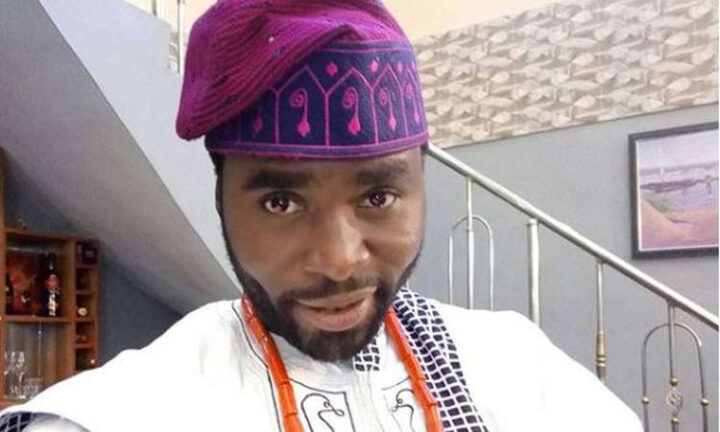Controversial Nigerian singer, Portable, has come out to accuse the organisers of the Africa Magic Viewers’ Choice Awards (AMVCA) of deliberately ignoring Nollywood actor, Ibrahim Chatta. He recently revealed that the movie star keeps getting denied the award due to biases within the industry.
According to him, there is an obvious revolt against Ibrahim Chatta in the Nigerian entertainment industry, because that has to be the only reason why he has yet to win any AMVCA award till now.

Portable added that he can compare the disregard for the actor’s talent to his own ordeal with the Headies awards recently, stressing that politics keeps getting in the way of rewarding talented professionals.
“My fans, there is a gang up in the Nigerian entertainment industry, even in Nollywood. They didn’t give Ibrahim Chatta an award at the 11th AMVCA despite his impeccable acting. That was how I was also snubbed by The Headies Awards.
We don’t need awards. We need food, we need money. We have money but we can’t use money to buy awards like some persons.
Ibrahim Chatta, if they don’t award you, God will reward you. My boss, you are my mentor. I love you.”
WOW.
Nollywood is a sobriquet that originally referred to the Nigerian film industry. The origin of the term dates back to the early 2000s, traced to an article in The New York Times. Due to the history of evolving meanings and contexts, there is no clear or agreed-upon definition for the term, which has made it a subject to several controversies.
The origin of the term “Nollywood” remains unclear; Jonathan Haynes traced the earliest usage of the word to a 2002 article by Matt Steinglass in the New York Times, where it was used to describe Nigerian cinema.
Charles Igwe noted that Norimitsu Onishi also used the name in a September 2002 article he wrote for the New York Times. The term continues to be used in the media to refer to the Nigerian film industry, with its definition later assumed to be a portmanteau of the words “Nigeria” and “Hollywood”, the American major film hub.
Film-making in Nigeria is divided largely along regional, and marginally ethnic and religious lines. Thus, there are distinct film industries – each seeking to portray the concern of the particular section and ethnicity it represents. However, there is the English-language film industry which is a melting pot for filmmaking and filmmakers from most of the regional industries.
Support InfoStride News' Credible Journalism: Only credible journalism can guarantee a fair, accountable and transparent society, including democracy and government. It involves a lot of efforts and money. We need your support. Click here to Donate
